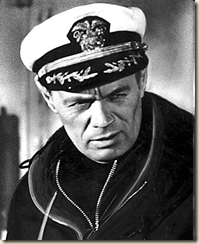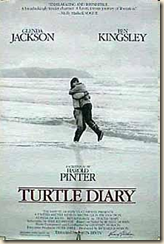Elton John, piano, vocals
Dee Murry, bass
Nigel Olson, drums
Wikipedia Page
 Elton John hit America with the single "Your Song," which immediately characterized him as a sensitive singer/songwriter who just happened to use a piano instead of a guitar. His later work showed him as a very successful pop songwriter.
Elton John hit America with the single "Your Song," which immediately characterized him as a sensitive singer/songwriter who just happened to use a piano instead of a guitar. His later work showed him as a very successful pop songwriter.
But Elton John, at least in the beginning, thought of himself as a rocker in the Jerry Lee Lewis mode. He complained how "Your Song" gave the wrong impression, that he would much rather rock out than play the role of the singer/songwriter.
11/17/70* proves him right.
It was somewhat groundbreaking from the start. Elton was asked to perform a live radio concert in A&R studios in New York on November 11, 1970. A small group of people were in the audience, and the set went onto the airwaves. Afterwards, Elton and his producer, Gus Dudgeon**, listened to the tape of the concert and were impressed by its quality. Because of this, and because bootlegs of the concert were showing up, they released it as an album.
It's a high energy, rocking show. The concert*** stared out with "Bad Side of the Moon" from original album. The original song (from his Elton John album) was a moderate tempo rock song with a string accompaniment. Here, not only is it stripped down to piano, bass, and drums, but it at a faster, wilder tempo. "Amoreena" (from Tumbleweed Connection) turns from almost a ballad to rock, while "Take Me to the Pilot," a pretty uptempo rocker to begin with, becomes a frenzied anthem.
The rest of the concert continues at this wild pace. "Sixty Years On" slows things up a bit, but Elton goes back to rocking with a cover of "Honky Tonk Woman" and the obscure original "Can I Put You On."
The high point of the album is its finale, an 18+ minute version of "Burn Down the Mission," performed at a breakneck pace and interpolating verses from "My Baby Left Me" and "Get Back."
It is an exhilarating experience.
The album sold OK, but was his worst selling album of the early 70s. It reached 11 on the Billboard charts, but that was nothing for an artist who had seven number one albums. Elton also went in a different direction, moving away from the Jerry Lee Lewis piano pounding to more pop songs. Those who liked songs like "Levon," "Tiny Dancer," or "Daniel," would have found 11/17/70 a bit too different and even his foray into rock and roll -- "Crocodile Rock" -- doesn't come close to the energy he showed on that one night.
The CD is still in print, often for good prices, but iTunes has only portions of the concert (because he included songs by the Beatles and the Stones). Hopefully, it will be available there, too.
But if you want to see a different Elton John than you're used to, seek out this gem.
*In the UK, of course, the album name is 17/11/70.
** Also the producer of several Bonzo Dog Band albums. I had to mention that.
***The original album changed the order of the songs and left off "Amoreena."

 Richard Widmark is superb as Finlander. He made a career of tightly wound men, and this is one of his best. Finlander has some depth to him: he's not just a martinet, and he's not just a commie hunter and Widmark brings it all out.
Richard Widmark is superb as Finlander. He made a career of tightly wound men, and this is one of his best. Finlander has some depth to him: he's not just a martinet, and he's not just a commie hunter and Widmark brings it all out.



 (1985)
(1985)  (1992)
(1992)